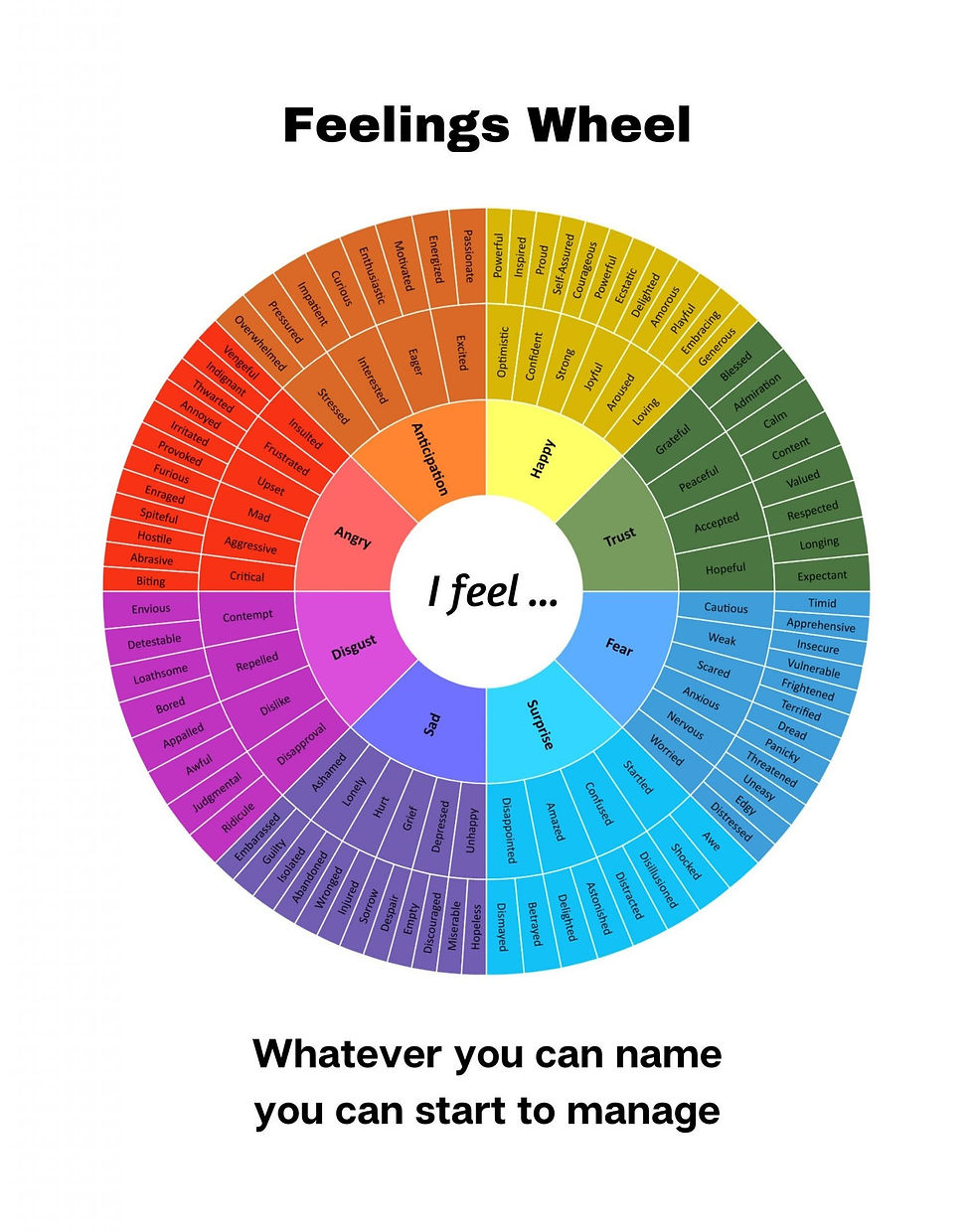On Feelings
- Ayah Karrar
- Feb 23, 2023
- 2 min read
Feelings are not facts. In most cases, they are not even a reaction to the facts. They are a reaction to an interpretation (which is most probably wildly inaccurate) of the facts.
First of all, we need to be aware that feelings and emotions have completely separate identities. Knowing the difference between feelings and emotions and the effect they have on our behavior, and understanding them so that they can improve our mental and emotional health.
Feelings are our learned response to an emotional trigger. They are experienced consciously so in a way, we can have control over how we feel, when we feel, and why we feel a certain feeling.
While emotions on the other hand manifest either consciously or subconsciously. They are always present, even if we’re not aware of them.
Feelings are conscious experiences of sometimes unconscious emotions. Feelings can’t exist without emotions, whereas emotions primarily exist independently.
Some therapists use the emotion wheel as a tool to help clients pinpoint how they feel. There are eight of these primal, negative, or positive emotions that all humans experience. There are a few different synonyms and versions of the emotion wheel, but here's an illustration of the basic one that identifies the eight core emotions:

More often than not, our environment can have a significant influence on our feelings. Our family, social circles, faith, and culture tend to be huge detrimental factors to how we respond to certain emotions.
Understanding your emotional state is critical to succeeding in your personal life and workplace. It will improve your emotional intelligence and decision-making and help you find emotional balance.
But here’s the thing. Feelings are more specific than emotions. The feeling of horror is just one way to experience fear. There are other ways of responding to that emotion. Someone might feel thrilled when they’re afraid, while the other might get a heart attack. So even though both people fear the same thing, each one of them might react differently to that fear. Same with anger, saying "I'm angry" implies a feeling of "anger". Each individual may experience that anger differently, whether through feelings of aggression, vengefulness, or resentment, the core emotion is the same but these are different expressions of it. It is more specific than simply saying, “I’m angry.”
Even though everyone is capable of joy and fear, every person will have a different experience of emotion. Our learned and unconscious mental associations will determine this subjective experience.
Feelings can manifest as conscious thoughts of unconscious negative emotions.
Going through life, there could be many underlying emotions to certain feelings, some of which can be invisible to us for a long time, and unless we identify them our feelings can fester and damage our mental health.
So to wrap this up, we need always try to be aware of our internal monologue, be more in touch with our emotions and try to identify where our feelings are coming from without putting significant weight on them since they are not always of accurate standpoint. And every once in a while, some self-reflection is almost always the key to all our problems, although not too much of it you end up losing sight of the bigger picture!




Comments